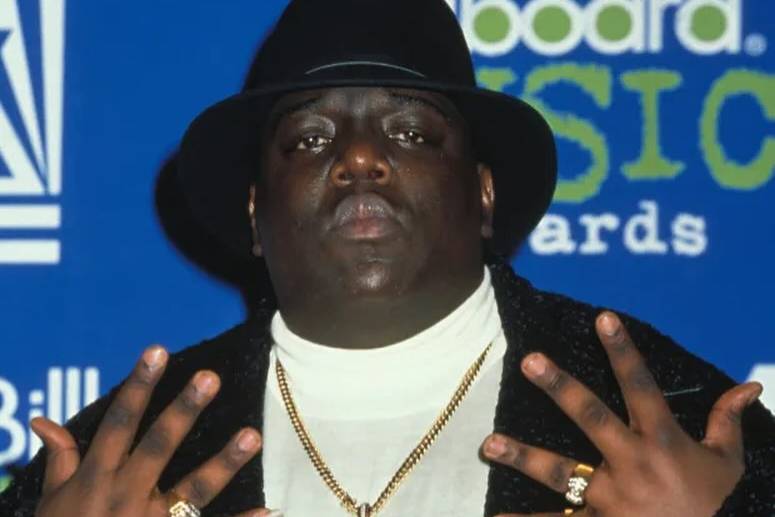Table of Contents
Who is Biggie?
Christopher Wallace, more widely recognized as The Notorious B.I.G. or simply Biggie, was a monumental figure in the world of hip-hop. Born in Brooklyn, New York on May 21, 1972, he was raised in the Bedford-Stuyvesant neighborhood, an area known for its economic struggles. Despite the hardships he faced, these adversities played a significant role in shaping his artistry. Biggie used music as a platform to convey his experiences and aspirations, his unique storytelling ability setting him apart. His significant contributions to East Coast rap have solidified his status as a legend in the genre, leaving an enduring legacy that continues to influence artists today.
What made Biggie famous?
Biggie, also known as The Notorious B.I.G., embarked on his path to fame in the late 1980s, showcasing his rap skills in local talent shows and street rap battles. His unique rhythm and captivating personality quickly caught the public’s eye, leading him to record his first studio track in 1991, titled “Microphone Murderer.” It was then that the world first heard Biggie’s unmistakable deep, authoritative baritone, which later became a hallmark of East Coast rap. In 1994, he released his debut album, “Ready to Die,” which was immediately hailed as a classic. The album showcased his exceptional storytelling abilities, complex rhyme patterns, and a raw openness that struck a chord with listeners. Songs like “Juicy” and “Big Poppa” became the anthems of the time, propelling Biggie to the pinnacle of the rap industry.
Is Biggie trans?
The rise to fame of Biggie, also known as The Notorious B.I.G., has recently been clouded by speculation about his gender identity. A flurry of rumors suggested that he may have been transgender. However, these claims are unfounded and lack credibility. Available records and accounts from those who knew him affirm that Biggie was born male and throughout his life, he identified as such. This misinformation is a reminder of the importance of verifying facts before accepting or spreading rumors, especially when it pertains to someone’s personal identity.


